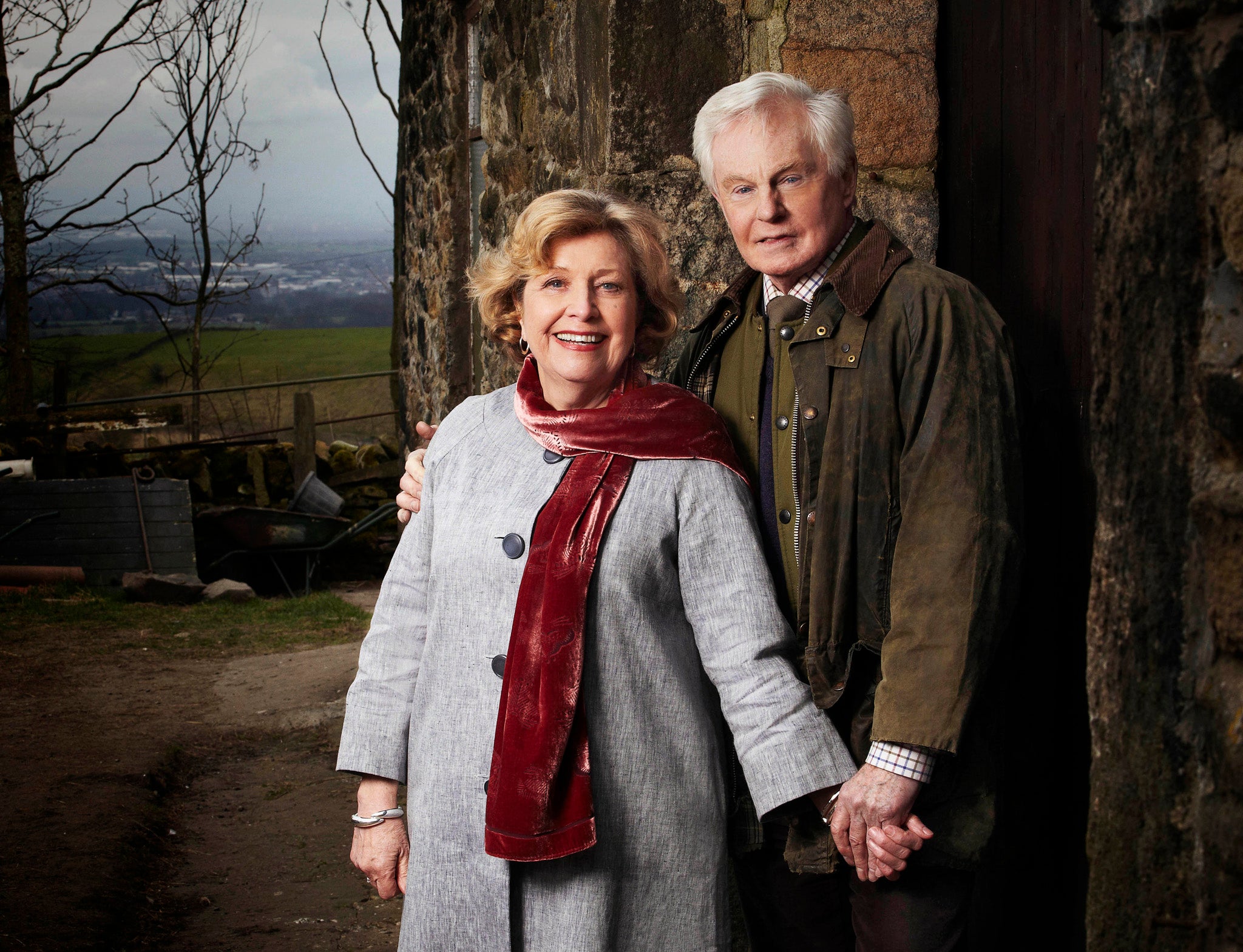Last Tango in Halifax, Sir Derek Jacobi and Anne Reid
It triumphed because it wasn't about old people or even elderly romance, but love, says Simon Usborne

The first half of Last Tango in Halifax viewed like an extended viral ad for Facebook. Celia and Alan (Anne Reid and Sir Derek Jacobi, both wonderful) had been fond of each other at school, but shyness and a missing note led them to separate lives and thoughts of what might have been.
Fifty years later, both widowed and in their seventies, they met on Facebook, and exchanged messages as nervous and awkward as any between teenagers. Alan struggled with tone (meet for a coffee, or for a cup of coffee?) and agonised about whether to sign off with an "X". Celia, too, hesitated before agreeing to meet in Skipton, where all roads would later meet.
Despite their marketing gift to social networks, the early messaging scenes were all the more effective for featuring the real Facebook (I can't bear unrealistic TV computing, but that might just be me). They also set the tone for a six-part romantic comedy to soften all but the hardest hearts. Last Tango could have patronised its aged protagonists or targeted only an ageing audience. But it triumphed because it wasn't about old people or even elderly romance, but love. This (sentimental) 30-year-old loved every minute.
It showed that the writer, Sally Wainwright (At Home with the Braithwaites, Scott & Bailey), was on home turf in two senses. As in her three-part ITV drama, Unforgiven (2009), she set Last Tango in the moors and market towns of her native Yorkshire. Celia's story was also that of Wainwright's own mother, who married an old friend she'd met via Friends Reunited (remember that?) "Every time I told anyone [the story], their face would light up in utter joy that two people had found something so special so late in life," she told the BBC last summer. "It was just so obvious that I should write about it."
As Celia and Alan remembered each other over tea, they seemed at times exasperated by their dysfunctional offspring, whose trials and secrets formed the background to the romance. Both were living with their respective daughters, whose disparate lives (Alan's was a checkout girl, Celia's a posh headmistress) were neatly if rather forcefully contrasted in a cut-together scene in which they walked down the aisles of a supermarket and a school chapel.
Their paths later met in a fight over a parking space as each arrived in Skipton to collect a parent, not knowing who the other was. Immediately hating each other and spitting class prejudice, they were only silenced when they learned that they would be stepsisters. After a day of reminiscences and soul-searching (and an unlikely car chase), Celia and Alan were engaged, having come to the swift realisation that, in her words, "we missed a trick, didn't we?"
Join our commenting forum
Join thought-provoking conversations, follow other Independent readers and see their replies
Comments
Bookmark popover
Removed from bookmarks